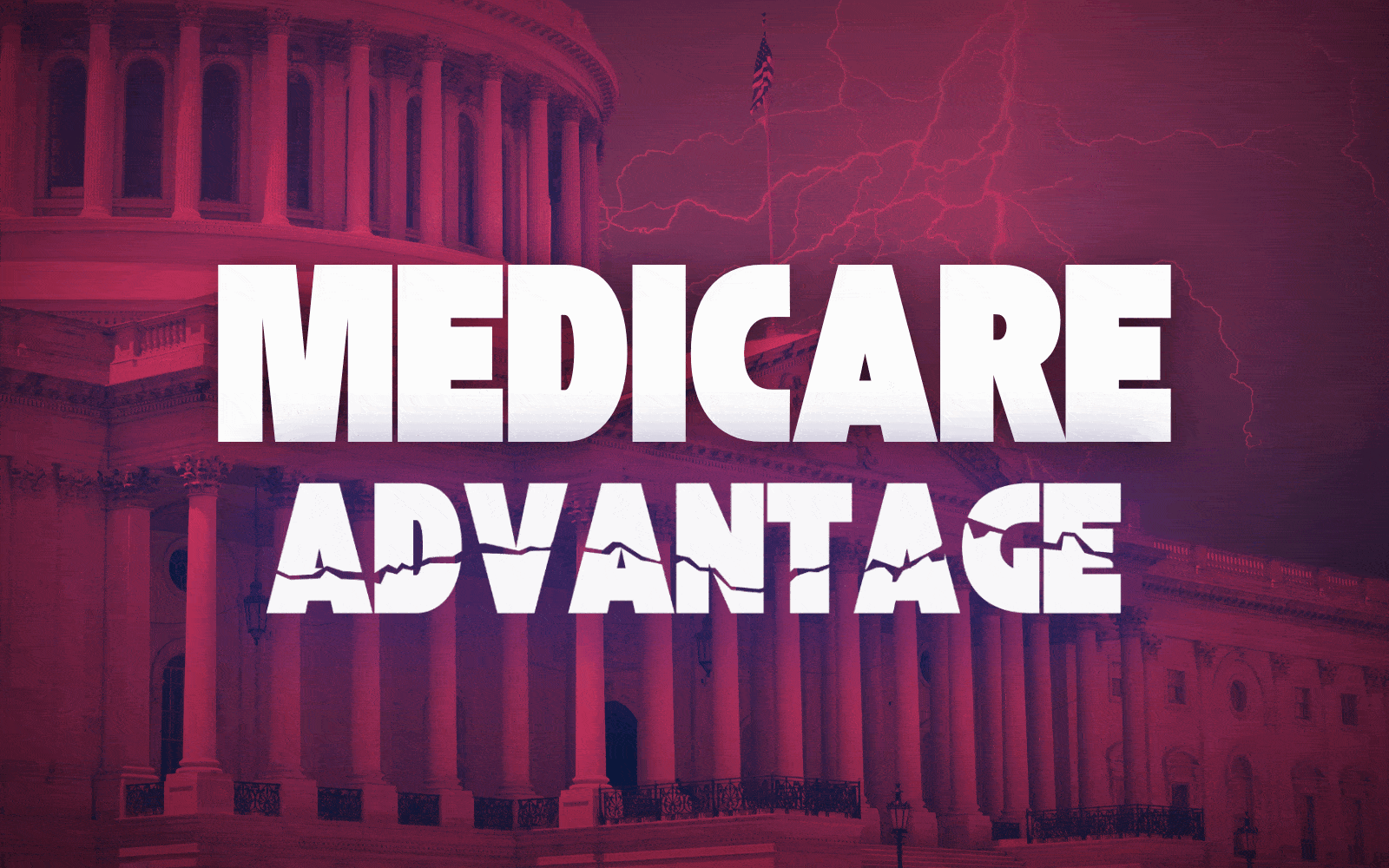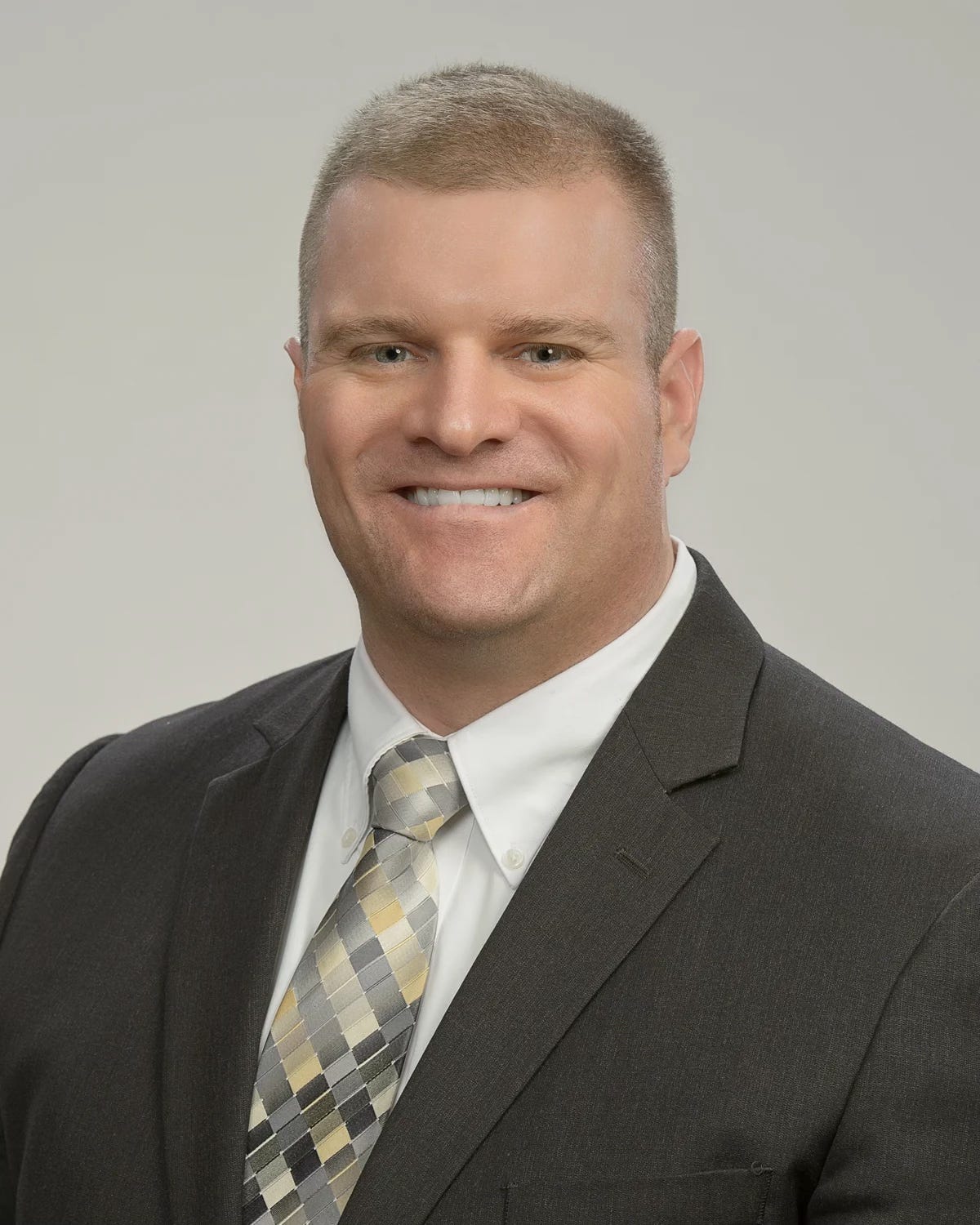Grassley’s Scrutiny Follows Rural Hospitals’ Breaking Point
March 21, 2025 | by ltcinsuranceshopper

Medicare Advantage, introduced (originally under the name Medicare+Choice) in the late 1990s to encourage private insurers to offer Medicare-replacement plans through the federal government, was a fledgling product when Iowa Sen. Chuck Grassley emerged as a champion of the program. He would later argue in a congressional hearing that if it was cut, as some senators were advocating at the time, it would have a “disproportionate effect” on rural areas like his.
“It didn’t make sense to cut payments to Medicare Advantage,” Grassley argued. “It would undo policies supported by members on both sides of the aisle to promote the availability of Medicare coverage choices, especially for beneficiaries in rural areas.”
Congress enhanced the program and rechristened it Medicare Advantage in 2003. Over the years Grassley and his Republican and Democratic colleagues authorized generous government payments to Medicare Advantage plan sellers with little or no oversight of their marketing practices. In turn the Medicare Advantage industry honored its Congressional supporters with public praise as “Medicare Advantage Champions.”
The government’s laissez-faire relationship with the industry may now be ending. Grassley recently sent a letter to UnitedHealth Group demanding that the largest seller of Medicare Advantage plans answer questions about the company’s business practices and supply records relating to a compliance program that monitors the accuracy and appropriateness of diagnosis codes submitted to the government. Whether any significant congressional action will come from Grassley’s inquiry is uncertain, but it is a step toward providing oversight of a business the government has up to now allowed to run largely unchecked.
Hospitals across the country are already telling patients they no longer will accept Medicare Advantage plans because of delays for care and denials for payment. It’s estimated that some one million beneficiaries will need to pay more or change their health care plans. In late February the American Hospital Association (AHA) issued an ominous report: the nation’s rural hospitals are facing increasing challenges as some Medicare Advantage plans are adversely affecting patient care. The AHA said that in the last decade more than 100 rural hospitals have closed or changed structure. Another 429 hospitals in rural areas are at financial risk of closing. An association public statement says many Medicare Advantage plans “reimburse hospitals below cost, delay or deny crucial payments, and impose onerous and unnecessary administrative burdens that prevent or delay patients from receiving needed care or being discharged to appropriate post acute care settings.” (I requested an interview with AHA executives, but they declined.)
I checked in with two rural hospital executives I had interviewed in 2023 to see if their relationships with Medicare Advantage plans have changed. Ivan Mitchell, chief executive officer of Great Plains Health, a 116-bed facility in North Platte, Nebraska, told me the hospital no longer accepts Medicare Advantage plans because it has experienced serious delays in getting approval to transfer patients to rehab centers or other types of care. “We typically have on average six to 12 patients who don’t need to be in an acute-care hospital, the more expensive hospital care,” Mitchell told me. “They need to be in rehab,” which typically costs less. “When patients stay longer than necessary, you end up increasing the cost of care,” Mitchell said. “A four-day stay that turns into a six-day stay becomes a 50% increase in cost of care that is shifted from the Medicare Advantage plan to the hospital.’’
A recent report by the Nebraska Hospital Association, “Failing Families and Jeopardizing Hospitals,” presents a damning picture of Medicare Advantage in the state. “(Medicare) Advantage plans can deny care more often than traditional Medicare and can delay treatment when it is needed most,” the report cautioned. “The extra costs that Medicare Advantage plans force us to incur to fight denials and preauthorizations take away from our ability to improve patient outcomes.”
In the last two years 90% of the state’s hospitals reported that working with Medicare Advantage plans had gotten more difficult. “I have been hearing across all hospitals that challenges from (Medicare) Advantage plans are getting more significant over time,” says Jeremy Nordquist, who heads the Nebraska Hospital Association. “Medicare Advantage plans put up a lot of barriers and are depriving people of the care that they need. We have seen delays in care that have stretched into months.” The Medicare Advantage plans have had an “effective marketing push and effective lobbying even among Democrats,” Nordquist said. “They have effectively got Congress to buy into this.”

When I talked to Jason Merkley, the president and CEO of the Brookings Health System in Brookings, South Dakota, in 2023, he said the difference between Medicare and Medicare Advantage was “vast.” Medicare Advantage plans, he said, “pay less, don’t follow medical policy, coverage, billing and payment rules and procedures, and are always trying to figure out how to deny payment.” Now, some of the plans, including from Blue Cross Blue Shield, have open networks that allow patients to go wherever they want for care, he said, and some local plans are “willing to follow traditional Medicare rules and regulations.” His group does has not accepted Humana and UnitedHealthcare Medicare Advantage plans since 2023.
David Lipschutz, the co-director of the Center for Medicare Advocacy and a long-time observer of Medicare, said complaints from beneficiaries and providers about inappropriate and widespread prior authorization restrictions should mean that “it’s time for policymakers to seriously scrutinize the program.”
Grassley’s scrutiny is a start at providing some long-needed oversight.
Trudy Lieberman, a past president of the Association of Health Care Journalists, has had a long career in journalism, specializing in health care in recent years. She has written for many publications including Consumer Reports, Columbia Journalism Review, The Nation, Harper’s Magazine, and the Center for Health Journalism. She has won many awards for her work including two National Magazine Awards, several National Press Club Awards, and a James Beard Award.
RELATED POSTS
View all






